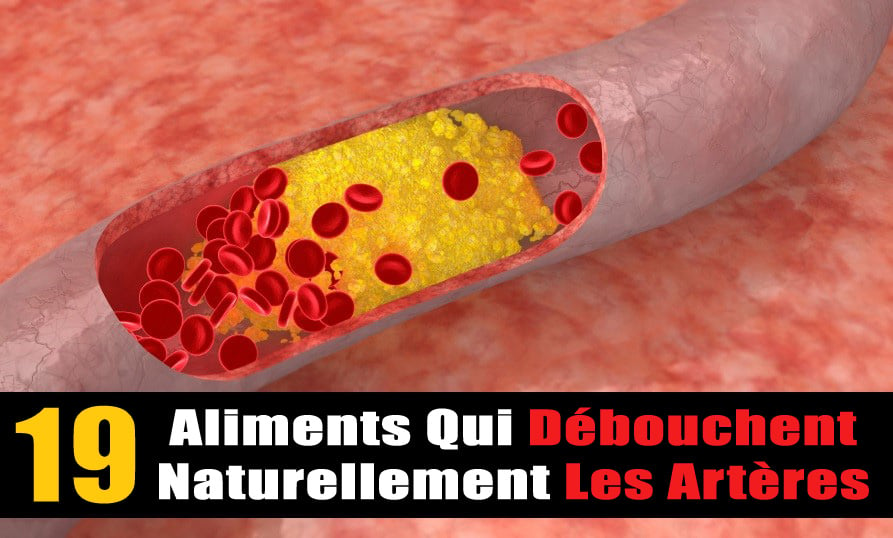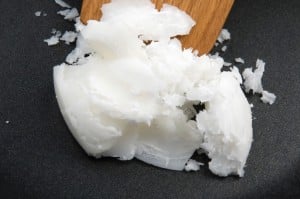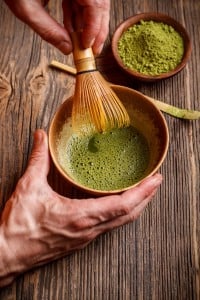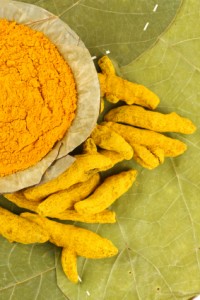19 foods that naturally open the arteries
 If you are looking to regain or maintain a healthy heart, there are different foods that can help unclog arteries, lower your blood pressure, and reduce inflammation, which are the main culprits for cardiovascular disease.
If you are looking to regain or maintain a healthy heart, there are different foods that can help unclog arteries, lower your blood pressure, and reduce inflammation, which are the main culprits for cardiovascular disease.
1. Asparagus
Asparagus is one of the best vegetables to clean the arteries. They are filled with fiber and minerals, as well as a long list of vitamins including K, B1, B, C and E. Asparagus can help lower blood pressure and prevent blood clots that can cause serious cardiovascular diseases. Try to steam them and leave them crisp to keep the maximum amount of vitamins.
2. The lawyer
The next time you make a sandwich or salad, consider adding a few slices of avocado instead of mayonnaise or vinaigrette. Studies have shown that daily consumption of avocado improves cholesterol levels in the blood with a decrease in triglycerides and LDL of about 22% and an increase in HDL of 11%. Plus, an average avocado contains 4 grams of protein and 11 grams of fiber and it has an impressive list of vitamins and antioxidants.
On the other hand, the avocado is filled with B vitamins, which help your body retain healthy nerves and brain cells.
3. Broccoli
Broccoli is another vegetable that is rich in vitamin K that helps prevent calcification or hardening of the arteries. Eating broccoli rich in vitamins and antioxidants can also help prevent the oxidation of LDL cholesterol, which can lead to serious heart problems. This very healthy vegetable provides a good amount of fiber for the heart that helps regulate blood pressure and reduce stress that can cause tears (and possibly an increase in deposits) in the arterial walls.
4. The chia seeds
When included daily as part of a heart-healthy diet, the fibers and alpha-linolenic acid contained in just 60 grams of chia seeds help protect your arteries by regulating blood pressure, reducing LDL cholesterol, lowering triglyceride levels, and increasing HDL cholesterol. Also because daily cardiovascular exercise is another great way to improve heart health and protect the arteries, chia seeds are doubly effective. The protein and nutrient content of this superfood can help make any session a little easier.
5. Cinnamon
Did you know that a spoonful of cinnamon a day reduces the risk of heart disease? Just a teaspoon of ground cinnamon a day can help reduce bad cholesterol levels by preventing and cleaning up plaque buildup. Cinnamon is also rich in antioxidants that improve cardiovascular health by protecting the blood from oxidation. So put aside the sugar and start enjoying the benefits of cinnamon. Test this spice in a cup of coffee tea or sprinkle the top of your coffee.
6. The coconut oil

Do not take into account the myth that all saturated fats are bad and the main cause of cardiovascular diseases like atherosclerosis. Regular consumption of coconut oil , about two to three tablespoons a day, can help reduce plaque buildup in the arteries, promoting the conversion of cholesterol in the blood into a form that our body can use. It is also thought that the high concentration of medium chain triglycerides, lauric acid found in coconut oil can improve blood clotting and may also have antioxidant effects in the blood, further decreasing the risk of blood clotting. cardiac disease.
7. Cranberries
Cranberries are another antioxidant-rich food that can help improve cardiovascular health by lowering LDL cholesterol levels and increasing HDL cholesterol levels. In fact, cranberry juice has more antioxidant power than any other fruit juice except one (100% red or black grape). Drink two glasses of organic cranberry juice every day to protect your heart and improve your health.
8. Fish "fat" cold water
Cold-water fatty fish such as salmon, mackerel, sardines and herring can help unclog arteries. Try to eat fish twice a week to reduce plaque buildup and inflammation that can lead to heart disease. In addition, eating cold water can help improve your good cholesterol levels and lower triglyceride levels in your bloodstream.
9. Flax seeds
Flax seeds are one of the best sources of alpha-linolenic acid ( ALA ), they are known for their ability to reduce blood pressure and inflammation, helping to protect arteries from obstacles and improve health. general heart.
10. Green tea

Green tea, especially Matcha green tea, contains high levels of catechins , plant antioxidant phenols that prevent the absorption of cholesterol during digestion. Take a cup or two of green tea a day to improve your blood lipid levels.and help prevent arterial blockage. Green tea can also help you lose weight, and further strengthen your cardiovascular health.
11. The nuts
Nuts are a great snack for cardiovascular health, instead of prepackaged and processed foods, and they open your arteries! Almonds are by far the best option, being very rich in monounsaturated fatty acids, vitamin E, fiber, and protein. Nuts are also an excellent choice, eating a portion every day can help improve blood pressure, reduce inflammation, and protect arteries ( ALA ).
12. Olive oil
Rich in mono-unsaturated oleic acid, an essential fatty acid (AGE) known for its positive effectson cholesterol levels and oxidative stress in the blood, olive oil is widely regarded as one of the best oils for the health. According to a recent study , the use of olive oil in the kitchen can effectively reduce the risk of serious cardiovascular disease by up to 41%.
Tip: When buying olive oil, avoid buying the cheapest oil. These products are inexpensive for a good reason. Cheap olive oil is often cut with cheaper, healthier oils or has been damaged by heat during the extraction process. Buy an extra-virgin organic olive oil extracted cold.
13. Orange juice
A study done in 2011 forgotten in the journal "American Journal of Clinical Nutrition" observed that drinking two glasses of pure orange juice without added sugar can help improve blood pressure and reduce inflammation of the arteries. In addition, orange juice is rich in vitamin C, a powerful antioxidant that helps protect the arteries by preventing oxidative damage in the bloodstream.
14. The persimmons
Persimmons are rich in antioxidants and polyphenols, which help lower LDL and lower triglycerides in the blood. Persimmons are also an excellent source of fiber that helps regulate blood pressure, maintain a healthy heart, and protect the arteries.
15. The pomegranate
Pomegranate contains phytochemicals that protect the circulatory system from oxidation that can cause plaque buildup and dangerous blood clots. Pomegranate also stimulates the natural production of nitric oxide in the blood that helps open the arteries and regulate blood pressure. Try to eat a fresh pomegranate or drink some organic pomegranate juice!
16. Spinach
Spinach is rich in fiber, potassium, and folic acid, which helps lower blood pressure and protect the arteries. According to recent studies , a single serving of folic acid-rich green vegetables such as spinach can reduce the level of homocysteine, a known risk factor for cardiovascular diseases such as atherosclerosis.
17. Spirulina
Spirulina is a micro-alga that not only regulates lipid levels in the blood, but is also a complete protein. Unlike other sources of vegetable protein, Spirulina contains all the essential amino acids needed by the human body to stay in top shape Spirulina is also rich in essential fatty acids, including alpha-linolenic acid, which helps reduce arterial inflammation and improve cardiovascular health. See the study
18. Turmeric

Curcumin, the main component of turmeric, is a powerful anti-inflammatory. Adding turmeric to your diet can seriously reduce inflammation and damage to the arterial walls that are the main causes of plaque buildup and blood clots. In addition, studies have shown that high levels of curcumin in turmeric can help reduce fatty deposits in the arteries by up to 26%.
19. Watermelon
In addition to being delicious, watermelon is also excellent for your heart. Watermelon is an excellent source of the amino acid L-citrulline , which can help protect the arteries by lowering blood pressure and blood pressure. According to researchers, this amino acid helps the body produce nitric oxide, which dilates blood vessels.



No comments:
Post a Comment